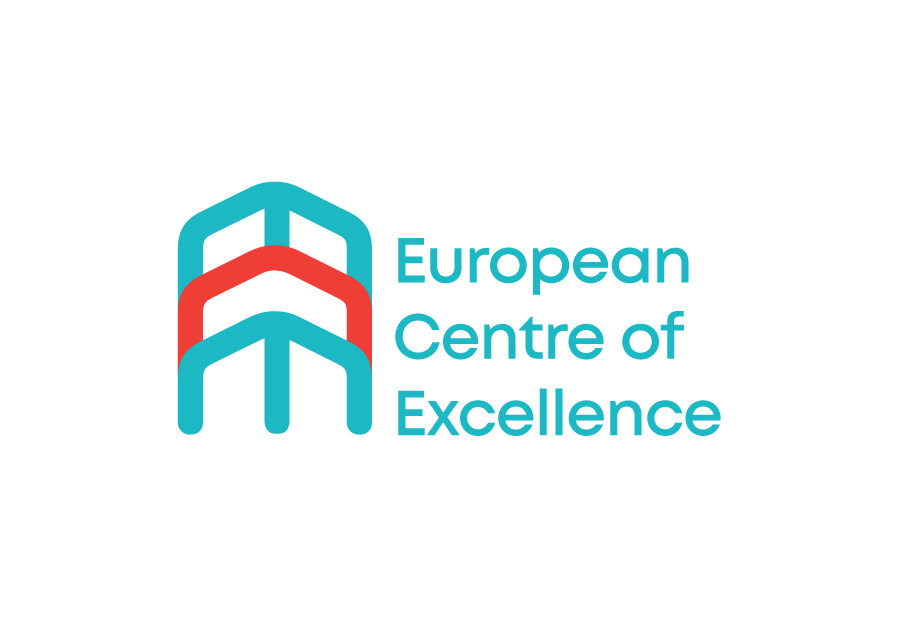Bringing AI into education: Europe’s next digital priority
Bojan Kordalov, Director of Policy and Communications, European Centre of Excellence (ECE Brussels)
This is a guest post by Bojan Kordalov, Senior Expert in Communications, Advocacy, and Digital and AI Literacy originally written for ITLogs.com. He has over 20 years of experience in visibility, public relations campaigns, and strategic consultancy. Bojan is currently serving as a Director for policy and communication at the European Centre of Excellence (ECE) in Brussels.
Across Europe, from Brussels outward, a pressing challenge is unfolding: how do we embrace the opportunities of the Artificial Intelligence (AI) in education while safeguarding equity, ethics, and trust?
This is not a theoretical dilemma, but already part of everyday reality. In classrooms across the EU and beyond, pupils and students are using AI tools like ChatGPT, Gemini or Perplexity to write essays, solve problems, and learn new concepts. Teachers, too, are turning to AI to help with lesson planning, evaluations, and curriculum support. The technology is here. The question is whether our public institutions, education systems, and values are ready for it?
Having worked across 20 years in strategic communication, public engagement and digital literacy - including in close dialogue with EU and national institutions and education actors - I have observed one simple truth: people are not afraid of technology itself, but of being left behind by it. That’s where the real inequality emerges, actually not from AI as a tool, but from how unevenly we prepare people to use it ethically and effectively.
In this direction, it really matters to stop pretending that AI is “coming”. It is already embedded in everyday learning, working and living. What we lack is an honest, inclusive conversation - across educational institutions, classrooms, and sometimes across institutional corridors - about how to regulate this further and guide its use in a way that supports children, with strong emphasis of the role of the educators.
Education systems cannot afford denial
It is dangerous and unproductive to shame teachers, parents, or students just because they are using AI tools in each step of the learning processes. The real risk lies in doing so without support, without critical thinking, and without values. This denial creates a culture of secrecy and inequality, where those with access and know-how surge ahead, while others are left confused or penalised.
Instead, we must treat AI like any tool that entered education before: calculators, geography globes, interactive boards, internet, or even the video content. Their impact depended on how they were used, not whether they existed. AI is much advanced, but the integration principles in educations should not be different.
We risk replacing curiosity with silence
If education systems continue to ignore the massive use of AI in the classrooms (while unofficially all depending on it) we send contradictory signals to pupils and students. AI can and should be used to enhance independent thinking, not undermine it.
But this requires a change in mindset. As I often tell educators and policymakers during my trainings or consultation processes: the problem is not that young people use AI. The problem is when we don’t understand how it works, and when we don’t teach them how to use it responsibly and ethically!
Values should shape our technological future
Institutions must urgently develop clear, ethical guidelines for AI in education. But rules are not enough if we do not pair them with investment in training, awareness, and digital pedagogy. If we don’t act quickly, we will find ourselves asking why young people are disengaging from education, or why talent is leaving for more flexible, digitally responsive education solutions.
As I stated in a recent interview: the real danger is not the presence of AI - it’s pretending it isn’t there. Denial leads to dependency without understanding. Transparency, by contrast, creates empowerment!
A European opportunity
The EU has a unique opportunity to lead globally - not just in AI regulation, but in inclusive AI governance. That means listening to educators, youth, and civic actors, not just the “coders” and the ministers. Brussels has already laid legal foundations with the AI Act and the DSA. Now, it must bring those frameworks to life in schools, training centres, and education systems across the continent very quick.
Digital transformation should never be about fear. It should be about relevance, access, and trust. If institutions regulate, and citizens use AI transparently and ethically, it will remain a tool that serves us. But if we deny its existence while relying on it secretly, we risk becoming dependent in ways we no longer understand or control.
This is not just about technology. It is also about democracy. About giving future generations not only access to tools, but the knowledge and values to use them for good. That’s where Europe’s real leadership begins…

